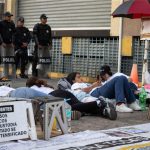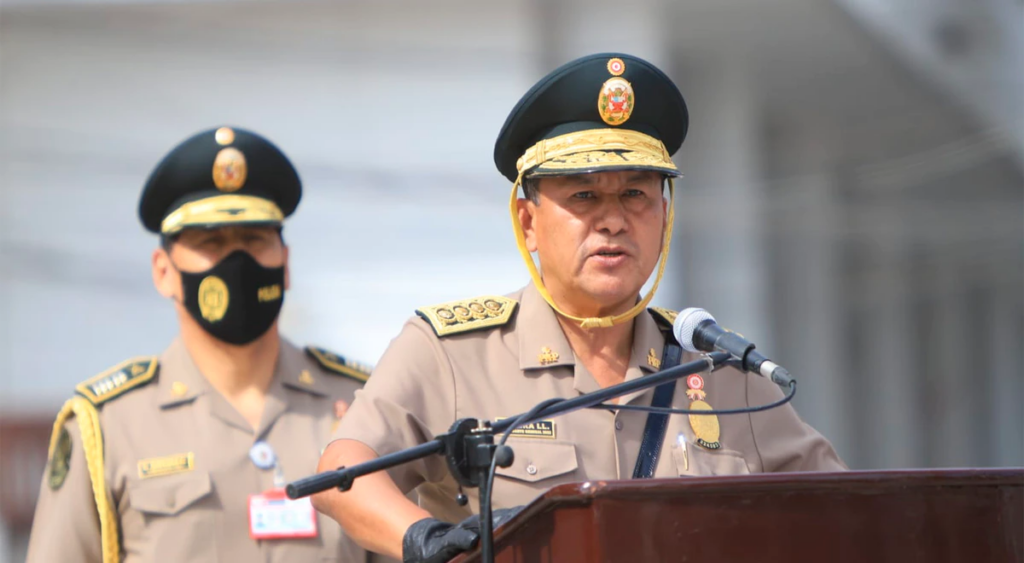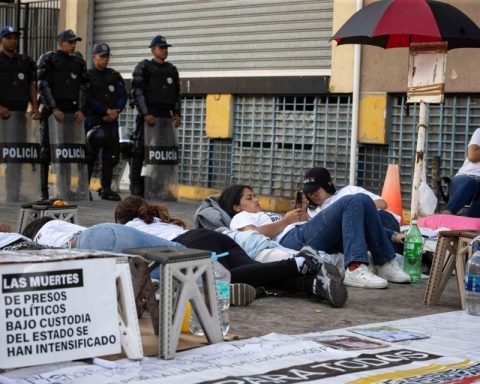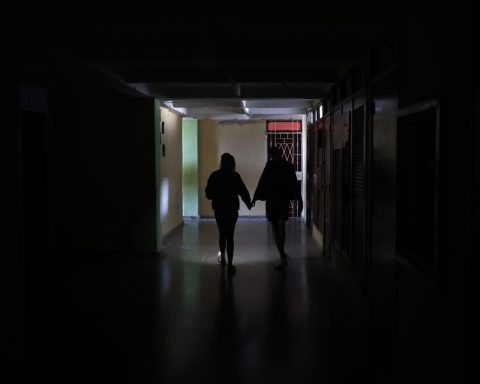A few days before the referendum on a new Family Code, which provides for same-sex marriage on the island, Arrufat recalls that gray period that marginalized intellectuals, at the end of the 1960s and part of the 1970s, when the Soviet model.
“Yes, (we were) ‘parametric’, that’s the word that was used,” Arrufat, 87, tells AFP, between paintings and books, in his exquisite apartment in Centro Habana.
“We never knew why we were like this, nobody told us: ‘You have made a mistake’, never,” says the novelist, poet and playwright born in 1935, in Santiago de Cuba (east).
“It was 14 years stuck in a municipal library.” He worked “in the basement” without being able to publish any text. “I endured like a horse” and “I suffered things that a writer in this country had not suffered,” recalls the author, winner of the 2000 National Literature Prize.
What did it mean to be a ‘parameterized’? In 1970 the authorities established that the moral parameters for a reliable worker were to be revolutionary and heterosexual. Otherwise, the employee could be relocated to lesser tasks.
– “Difficult” and “lovely”
The homosexuals they were not only suspected because of their political ideas, but also because it was thought that “the homosexuality it was a contagious disease” and that it was necessary to separate them “avoiding contact, not only physical, but even spiritual”, explained later the late intellectual Ambrosio Fornet, in the text “Gray Quinquenium: Revisiting the term”.
Some writers were ostracized and others sent to the Unidad Militar de Ayuda a la Producción (UMAP), agricultural work camps created for military service, solely because of their political, religious or sexual preferences.
In 1968, Arrufat won the literary prize of the official Union of Writers and Artists of Cuba, for “The Seven Against Thebes”, an allegory of Cuban political life at the time.
The author fell into disgrace due to the institutional rejection of this play considered counterrevolutionary, which did not reach a stage until 2007.
The artist recalls with amusement his adventures with great writers, also noted for their homosexualitylike José Lezama Lima (1910-1976) and Virgilio Piñera (1912-1979), who died in isolation without seeing their texts again in bookstores and theaters.
“We never stopped going to the theater, we never stopped going to the movies (…) we were provocative. We did not provoke for evil, we provoked because we wanted there to be a possibility of permanence in the country where one was born”.
Then, authors such as Guillermo Cabrera Infante (1929-2005), Reinaldo Arenas (1943-1990) and Heberto Padilla (1932-2000) left. “I wanted to stay and I stayed, I endured sea and tide, but I stayed,” he adds, leaning back in an armchair illuminated by the light that filters into the warm Havana afternoon.
“It was difficult and at the same time charming because I like all the things that have a certain difficulty in the cultural life of a country,” he says.
– “We were no longer the same” –
In those days they sat in bars in Havana. “There was a lot of noise and there we talked, we laughed at things and at night we read the texts,” he says.
Afterward, he slowly returned to public life.
In the 1990s he was among those who forged the successful film Strawberry and Chocolate (1993). The film deals with the life of a refined homosexual, a lover of art, whose doors are closed until he decides to leave his country.
“I worked a little on that film (…) I was a good friend” of Tomás Gutiérrez Alea, one of the two directors of the production, says Arrufat, who appears in the acknowledgments of the film.
Nominated for an Oscar for best foreign film in 1994, the film “contributed to something in this country,” he says. “After that movie we were no longer the same.”
The Family Code, which will be voted on Sunday in a referendum, provides for the legalization of marriage and adoption gaythe surrogacy and the recognition of multi-parenthood, among other rights.
It is “a positive step” for Cuba, although “at first people thought horrors about the code and did not want that code to exist at all, later they slowly admitted it,” says the writer.
“It can be a very big change in our lives,” concludes Arrufat.

















